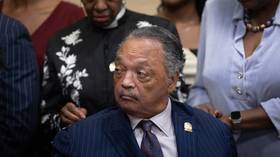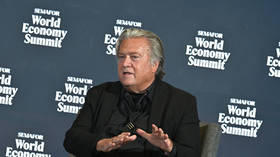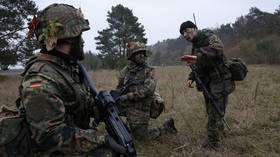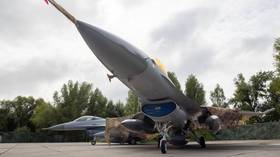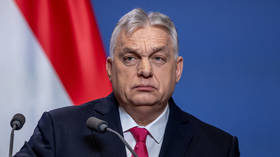Tomb of Sulaiman Shah: Will Turkey now invade Syria?
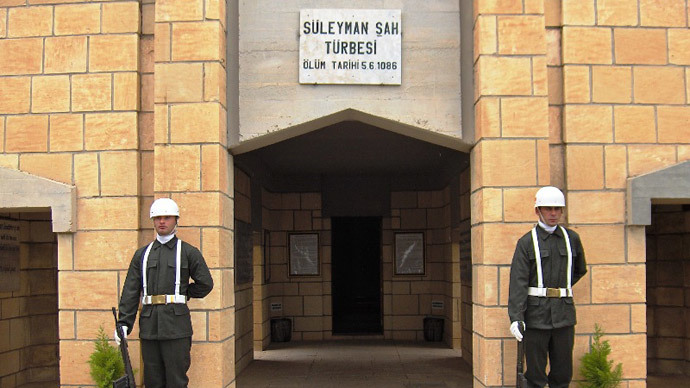
Last weekend marked the third anniversary of the conflict that is Syria's not-so-civil war. This war has caused 2.5 million Syrians to flee their home country.
These refugees have by now all been registered by the United Nations, but at the same time, about a million mostly middle-class and educated Syrians are also assumed to have escaped the fighting, but have not been acknowledged by the UN. Since its eruption, Turkey appears to have been directly involved in the conflict, cooperating with other international players such as the US, Qatar, and Saudi Arabia. At the same time, it seems, Turkey's secretive National Intelligence Organization (MIT) continues to transport supplies, such as weapons and ammunition, to the Syrian opposition.
As a direct neighbor, Turkey has taken in many Syrian refugees as well – according to the UNHCR, the United Nations Refugee Agency; more than 600,000 Syrians are at present registered on Turkish soil. Since the beginning of this year more than 20,000 Syrians have arrived in Turkey, which constitutes the biggest influx since the start of the conflict.
As a result of this armed conflict and PM Tayyip Erdogan's outspoken condemnation of Bashar al-Assad, Turkey has all but abandoned its much-vaunted zero-problems-with-neighbors policy, and has even at times been close to intervene militarily. A number of instances have in the past years occurred that could have triggered direct Turkish military action. But so far, these provocations (or some would say false flag operations) have not succeeded and the Turkish army has remained in their barracks.
Still, last summer (5 August, 2013), the prime minister made an ominous remark, saying that the "tomb of Sulaiman Shah [in Syria] and the land surrounding it is our territory. We cannot ignore any unfavorable act against that monument, as it would be an attack on our territory, as well as an attack on NATO land ... Everyone knows his duty, and will continue to do what is necessary." Even though this physical remnant of proto-Ottoman history on Syrian soil is quite obscure and actually unknown to many Turkish citizens, the PM was unequivocal in expressing his willingness to defend this small part of Turkey abroad.
Even though Erdogan's AKP party has led Turkey into its current post-Kemalist stage, the issue of Sulaiman Shah's tomb in Syria was solidified by the provisional Kemalist government set up in Ankara in opposition to the Ottoman government in Istanbul on April 23, 1920. The provisional Ankara government was formed to organize "national" resistance against foreign invaders.
On October 20, 1921, Ankara's Grand National Assembly signed an agreement with France, which brought an immediate end to hostilities and demarcated the territories held by the Ankara government and France, respectively. The socialist member of France's parliament, Henry Franklin-Bouillon (1870-1937), and the Ankara government's foreign minister, Yusuf Kemal [Tengirşenk] (1878-1969), penned the actual agreement which now could bring about direct Turkish intervention in the war in Syria. Under article 9, the agreement deals with the tomb of Sulaiman Shah, "the grandfather of Sultan Osman, the founder of the Ottoman dynasty," stipulating that the building and its grounds "shall remain, with its appurtenances, the property of Turkey, who may appoint guardians for it and may hoist the Turkish flag there."
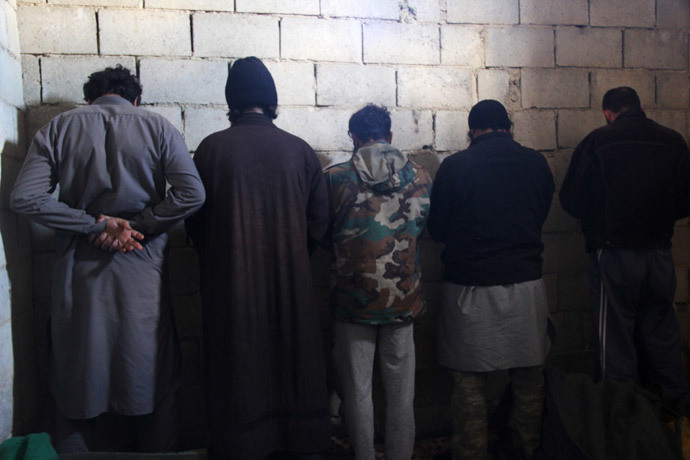
Sulaiman Shah, accompanied by two of his fighters, drowned while trying to cross the Euphrates River in 1236. The site at Qal'at Ja'bar "was flooded by the construction of the Tabqa Dam to create Lake Assad, and, at that time, the tomb was moved to a new location north of the original. The tomb is located approximately 25 km from the Turkish border. Now this area is held by the Free Syrian Army. But, due to the internal conflict amongst the various armed opposition groups, control of the region recently shifted to ISIS or the Islamic State of Iraq and al-Sham (ad-Dawla al-Islāmiyya fi al-’Irāq wa-sh-Shām in Arabic, acronymed as Dā’ish).
The media portray ISIS as an "Al-Qaeda-linked" faction or even call it an “Al-Qaeda splinter group”, intimating the existence of links with the legendary organization allegedly responsible for "9/11". But the name Al-Qaeda is used by the US to suggest the presence of a threat that is then employed to justify [possible US] military intervention. So now terrorists and like-minded individuals opposing US dominance and interventionism equally cite the name Al-Qaeda to gain credibility, notoriety and media exposure. ISIS has now gained worldwide prominence as Syria's very own terrorist bogeyman.
The fact that the north of Syria bordering Turkey has now fallen under their wing, means that Ankara's AKP-led government can no longer ignore this Islamist and Jihadist threat just beyond its borders. In fact, in the run up to the United Nations-backed international peace conference on the future of Syria, known simply as Geneva II, ISIS issued a serious threat to Turkey. At the end of January, the Turkish news agency Doğan Haber Ajansı released a report stating that ‘authorities have issued a bomb warning in Istanbul, Ankara and the southern province of Hatay, following a tip off that an Al-Qaeda linked group was preparing to organize a suicide attack, Doğan News Agency reported on January 21.
Turkish intelligence had information that 20 militants of the Islamic State in Iraq and the Levant (ISIL or ISIS) were planning attacks to disrupt this week’s Geneva 2 peace talks, the report said. The militants were planning to target hotels and meeting rooms where members of the Syrian opposition and the Free Syrian Army stay were staying or holding meetings. Intelligence units have informed the Police Department and the Gendarmerie General Command to take extraordinary security measures.’
Last Friday (14 March, 2014), Turkey's Foreign Minister, the wily
Ahmet Davutoglu, attended the third Trilateral Meeting of
Ministers of Foreign Affairs of Turkey, Azerbaijan and Iran held
in the eastern Turkish city of Van. In view of the situation
outlined above and the fact that the Turkish authorities now seem
to have realized the precarious situation faced by the 25 Turkish
soldiers stationed at the tomb, Davutoglu made a number of
specific statements relating to Sulaiman's tomb during the press
conference: "That land is Turkish territory in compliance with
international law and under the 1921 treaty, and it is the only
Turkish land overseas ... Turkey has the right to take any kind
of measures for its security and stability."
In view of Turkey's direct involvement in Syria's not-so-civil
war, should Ahmet Davutoglu's words be taken as a sign that the
AKP-led government, under continuous internal assault since 17
December, is now considering military action in a neighboring
country?
Such a military action would be a means of diverting domestic attention away from shoe-boxes filled with money and other various wiretaps and thus arguably strengthen its now-tenuous hold over the population at large.
On the other hand, Turkey has apparently long been trying to become directly involved in its neighbor’s conflict, and the threat posed by ISIS would constitute a perfect pretext – a pretext suitable to the AKP, a political party at pains to portray itself as the defender of Turkey's Islamic and Ottoman heritage. And the protection of the tomb associated with the figure of Sulaiman Shah of the Kayi clan of the Oghuz tribe, father of Ertugrul Khan Ghazi, would all but underline the AKP's credentials and possibly increase its popularity at home.
In this way, Tayyip Erdogan's oft-made claims that he and his party do not reject their past and heritage, unlike other political institutions in Turkey, would be vividly illustrated. In fact, the AKP government would be seen to protect the supposed physical remains of the grandfather of Osman Khan Ghazi, first Sovereign of the House of Osman. An anonymous Turkish official told the international press that “The risk [to Sulaiman Shah's tomb] has been there since the Syrian crisis first erupted ... We are prepared for any scenario as always." In other words, no option is off the table and war is as viable an alternative as ever.
The statements, views and opinions expressed in this column are solely those of the author and do not necessarily represent those of RT.
The statements, views and opinions expressed in this column are solely those of the author and do not necessarily represent those of RT.



